Cross Curricular
A Cross-curricular approach is very popular in Foundation Stage and Key Stage 1 classrooms and can be extremely successful. However the teacher must be careful to ensure that the activities are planned to develop and encourage an understanding of historical concepts and historical skills - not just using a historical context for the learning. Teachers must ensure progression in all areas of the curriculum so tenuous links should be avoided.
Sort by:
Date (Newest first) | Title A-Z
Show:
All |
Articles |
Podcasts |
Multipage Articles
-

A creative Egyptian project
ArticleClick to view -
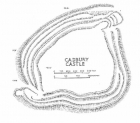
Case Study: Working with gifted and talented children at an Iron Age hill fort in north Somerset
ArticleClick to view -
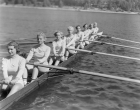
Celebrate your sporting heritage
ArticleClick to view -

Churches as a local historical source
ArticleClick to view -

Creating the 'creative history' website
ArticleClick to view -
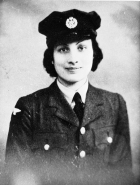
Cross Curricular Project on a famous person
ArticleClick to view -

Diversity and the History Curriculum
ArticleClick to view -

Drama and history: a theory for learning
ArticleClick to view -
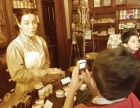
Geosong: a transition project
ArticleClick to view -

Historical fiction: it’s all made up, isn’t it?
ArticleClick to view -

How can we use significant anniversaries in our teaching?
ArticleClick to view -

How have schools interpreted the new EYFS Framework?
ArticleClick to view -

Ideas for Assemblies: Refugee stories
ArticleClick to view -

In My View: Creativity & History
ArticleClick to view -

Integration and cross-curricularity: History, Humanities And Social Studies
ArticleClick to view -
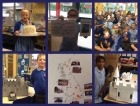
It worked for me: Knights and castles
ArticleClick to view -
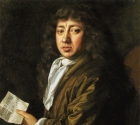
KS1: Teaching about significant individuals
ArticleClick to view -
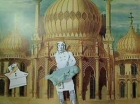
Museums, schools and creativity: How learning can be enhanced
ArticleClick to view -

Music in the History Curriculum
ArticleClick to view -

Music in the history curriculum
ArticleClick to view

